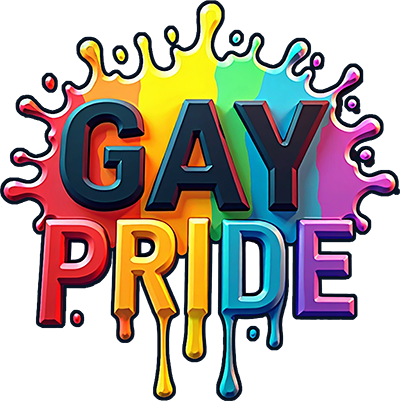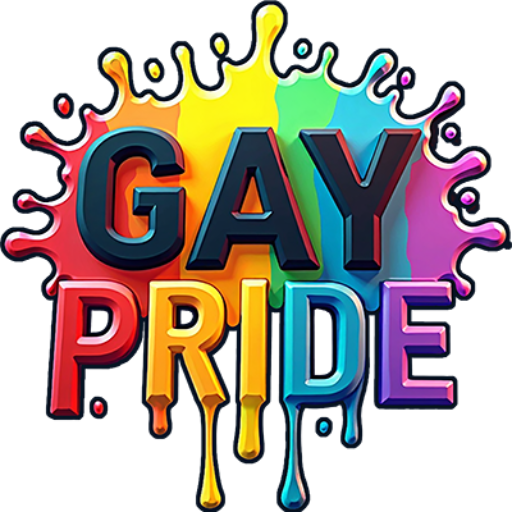How to Be an Effective LGBTQ Ally
Being an ally to the LGBTQ community is more than just waving a rainbow flag during Pride Month. It’s about fostering an inclusive environment, advocating for equal rights, and supporting individuals in their daily lives. So, how can you be a truly effective ally? Let’s dive in and explore.
Table of Contents
1. Understand the LGBTQ Community
2. Educate Yourself Continuously
3. Speak Out Against Discrimination
4. Support LGBTQ Organizations
5. Make Personal Connections
6. Conclusion
7. FAQ
Understand the LGBTQ Community 🌈
The first step to being an effective ally is understanding the diverse spectrum of identities within the LGBTQ community. LGBTQ stands for Lesbian, Gay, Bisexual, Transgender, and Queer/Questioning. Each identity brings its own unique experiences and challenges. It’s important to recognize that sexual orientation and gender identity are complex, and respecting each individual’s self-identification is crucial.
Educate Yourself Continuously 📚
Being an ally means committing to ongoing education. Engage with resources such as books, documentaries, and articles that delve into LGBTQ history and issues. Empower yourself with knowledge to better understand the struggles faced by LGBTQ individuals. Remember, it’s okay not to have all the answers, but it’s your responsibility to seek them out.
Speak Out Against Discrimination 🗣️
An ally’s voice can be powerful in challenging homophobia, transphobia, and any form of discrimination. Whether it’s calling out inappropriate jokes or advocating for inclusive policies at work, your support can make a difference. Use your voice to amplify LGBTQ issues and stand in solidarity with the community.
Support LGBTQ Organizations 🤝
Consider contributing your time, resources, or money to organizations that support LGBTQ rights and provide vital services to the community. Volunteering or donating to causes such as The Trevor Project or PFLAG can help sustain their invaluable work. Additionally, attending and supporting events organized by LGBTQ groups shows solidarity and commitment.
Make Personal Connections 🤗
Building personal relationships with LGBTQ individuals can enhance your understanding and empathy. Listen actively and engage in conversations with an open heart and mind. Remember, everyone’s experience is unique, so be respectful and supportive without assuming you know what’s best for them.
Conclusion
Being an effective LGBTQ ally is a continuous journey of learning, advocating, and supporting. It requires genuine effort and commitment to make a positive impact. By understanding, educating, speaking out, supporting, and connecting, you can play a pivotal role in fostering an inclusive and accepting world for all.
FAQ
Q: How can I support a friend who just came out?
A: Listen and offer your support without judgment. Affirm their identity and let them know you’re there for them.
Q: What should I do if I make a mistake regarding someone’s pronouns?
A: Apologize, correct yourself, and move on. Making a big deal out of it can make the other person uncomfortable.
Q: How can I educate others about LGBTQ issues?
A: Share resources, engage in conversations, and encourage open-mindedness. Leading by example is also a powerful tool.
Q: Are there any specific books or resources you recommend?
A: “The ABC’s of LGBT+” by Ashley Mardell and “Transgender History” by Susan Stryker are excellent starting points.
Q: How can I handle homophobic behavior in social settings?
A: Approach the situation calmly, express that such behavior is unacceptable, and explain why it’s harmful. Encourage a culture of respect and inclusivity.

